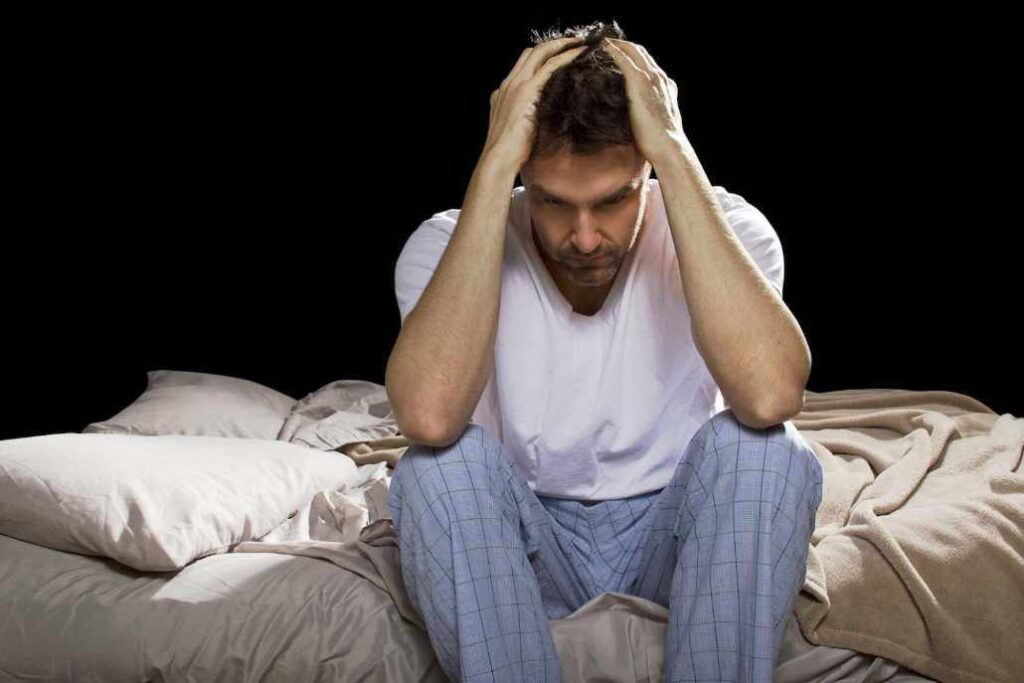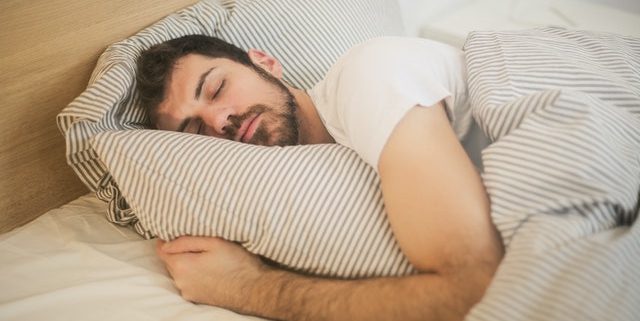Alcohol Withdrawal Insomnia: What to Expect
Table of Contents
Insomnia and alcohol withdrawal often go hand in hand. This common and tough symptom can lead to relapses early in recovery, but medical detox professionals can provide treatment. You need not suffer from sleepless nights to achieve sobriety. Let the Kinkaid Private Care team help you overcome insomnia and alcohol withdrawal in this tough phase of recovery.
Why Does Alcohol Withdrawal Cause Insomnia?
Is insomnia a side effect of giving up alcohol? To see why insomnia and alcohol withdrawal are related, you need to understand how alcohol affects your brain and body first. Alcohol produces its effects by depressing the central nervous system, which includes the brain and spinal cord. This can result in several effects:
- Slower breathing
- Reduced anxiety
- Lower heart rate
- Drowsiness
- Pain relief
These effects could lead people to use alcohol as a sleep aid. Its short-term effects can bring relaxation and help them fall asleep faster.
However, as you begin to consume alcohol more often, your body begins to compensate in the other direction. Your central nervous system becomes more excitable, counteracting the effects of alcohol. The main reason for developing tolerance and experiencing alcohol withdrawal symptoms is the shift in the central nervous system.
 Insomnia and Alcohol Withdrawal Symptoms
Insomnia and Alcohol Withdrawal Symptoms
When a heavy drinker suddenly stops, their central nervous system becomes dangerously overactive. Alcohol withdrawal symptoms are the opposite of the effects of alcohol, and you might experience symptoms like:
- Insomnia
- Elevated heart rate
- Rapid breathing
- Anxiety
- Shakes
- Muscle aches and cramps
In severe cases, alcohol withdrawal can also result in life-threatening seizures and hallucinate. For this reason, medical intervention is strongly encouraged when you are attempting to stop drinking. Targeted medication can not only ease withdrawal and make you feel more comfortable but also prevent life-threatening consequences.
Prevalence of Alcohol Withdrawal Insomnia
Alcohol withdrawal insomnia is prevalent in people recovering from an alcohol use disorder. Roughly half of people experiencing withdrawal will experience this symptom, though some people are at greater risk than others.
As the severity of alcohol use disorder increases, so does the risk of insomnia. People who drink alcohol, smoke, have both depression and anxiety or use alcohol as a sleep aid are much more likely to have this troublesome symptom.
The Importance of Quality Sleep During Detox
You can overcome alcohol withdrawal insomnia with at-home medical detox services. Several treatment options can help to make your detox safe, comfortable, and therapeutic.
Treating Alcohol Withdrawal Insomnia
With at-home medical detox services, alcohol withdrawal insomnia can be overcome. Several treatment options can help to make your detox safe, comfortable, and refreshing.
The Medical Taper
A medical taper is the primary method of treating an alcohol use disorder. It can help to treat insomnia, prevent seizures, and eliminate many uncomfortable withdrawal symptoms.
Essentially, the medical taper is a method of calming the central nervous system during alcohol withdrawal. The hyperactive central nervous system affected by long-term alcohol use can gradually return to its normal levels.
For most people, the medical taper is enough to help them achieve high-quality sleep during detox. But if insomnia persists, there are further options that can treat this troubling symptom.
Specific Sleep Medications
If insomnia continues to persist, we can prescribe targeted sleep medication. When used along with a gradual reduction plan, can help you fall asleep faster, stay asleep longer, and wake up feeling more refreshed. The sleep medications you need might be different from someone else’s. It’s smart to chat with your healthcare provider if just the tapering plan isn’t completely helping your insomnia.
Sleep Hygiene
Certain behavioral practices can aid in treating insomnia during detox as well. These include:
- Setting a certain time to go to sleep each night
- Avoiding stimulating activities in the hour before bed, such as television or social media
- Not drinking caffeine in the evening
- Avoiding napping during the day
- Make sure your bedroom is dark and comfortable
We call this term “sleep hygiene.” When used with medical treatment for alcohol withdrawal insomnia, they can help you sleep better every night during detox.
How Long Does Insomnia Last After Quitting Drinking?
For most people, insomnia and alcohol withdrawal will end after about a week. However, some people may continue to experience insomnia related to their alcohol use disorder for weeks or months. People can enhance their sleep during recovery by using sleep medication or trying cognitive-behavioral therapies for insomnia, which are known to be effective.
People experiencing insomnia long after the acute withdrawal phase may be experiencing post-acute withdrawal syndrome. This syndrome can persist for several months because of long-term brain alterations caused by alcohol use disorder. With time, the brain will recover from this syndrome. Seeking counseling services can be helpful during this period.
In-Home Alcohol Detox with Kinkaid Private Care
Do not face severe alcohol withdrawal alone. This does not mean someone should be admitted to a hospital or detox facility. Kinkaid Private Care can send medical and mental health experts to your home so you can detox from alcohol right there.
Contact our team by calling us directly at 866-337-4596, or by filling out our confidential contact form below. Our team, led by experienced clinicians, has been helping folks beat substance use issues for years. We’re here to guide you through the initial phase of recovery. Overcoming alcoholism is possible, and the team at Kinkaid Private Care can show you the way.






